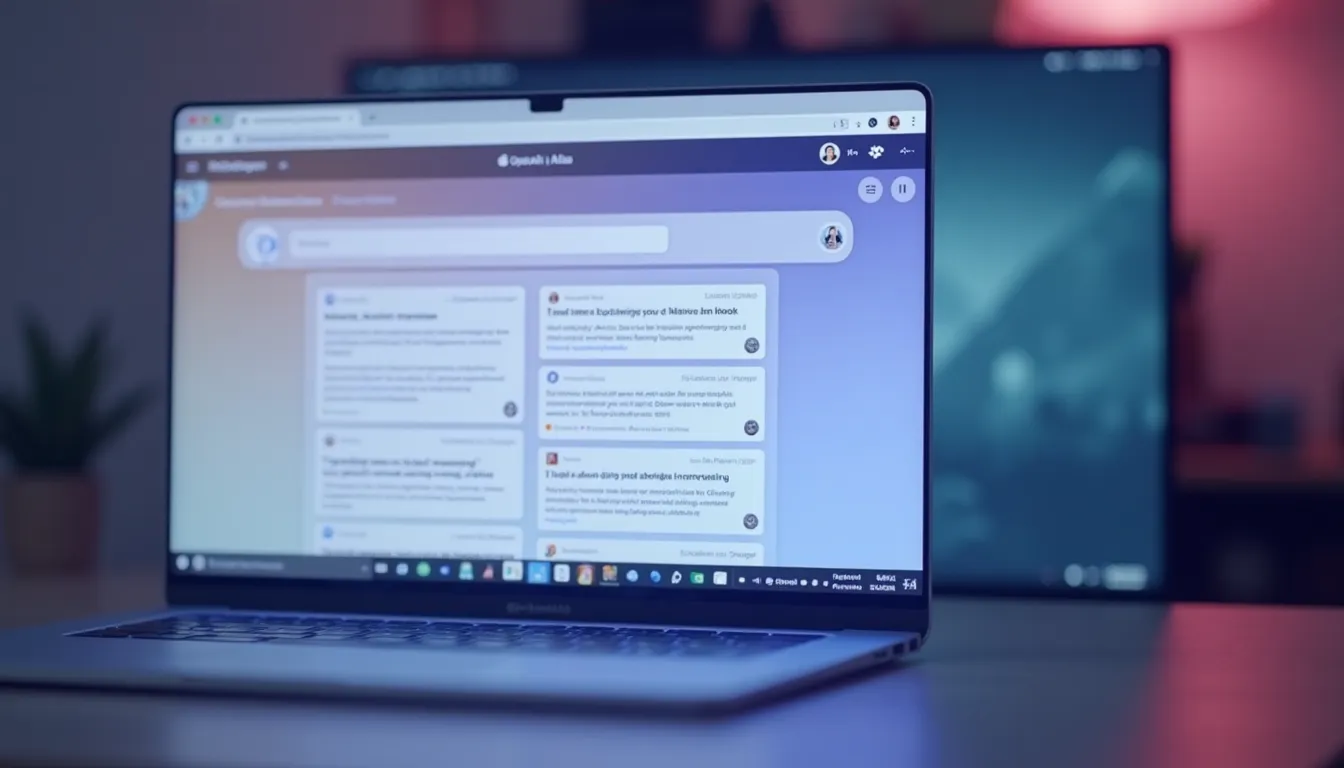The launch of OpenAI’s Atlas browser marks a significant shift in the tech landscape, as it directly challenges Google’s dominance in the search and advertising markets. This move reflects broader industry trends, where AI is increasingly being used to reimagine traditional internet experiences. As OpenAI CEO Sam Altman noted, “We think AI represents a rare, once-a-decade opportunity to rethink what a browser can be.”
The Atlas browser’s chat-oriented search interface, led by Ben Goodger, poses a substantial threat to Google’s search model. By allowing users to engage in a back-and-forth conversation with search results, Atlas provides a more interactive and intuitive experience. As Goodger explained, “This new model of search is really powerful. It’s a multi-turn experience. You can have this back-and-forth with your search results instead of just being sent off to a web page.” This approach has the potential to disrupt Google’s advertising business, which relies heavily on traditional search results.
With 800 million users already interacting with ChatGPT every week, the potential for Atlas to siphon off users from Google’s Chrome browser is substantial. If users switch to Atlas, they may also be less likely to use Google Search, which would limit Google’s ability to target ads and collect valuable user data. Furthermore, OpenAI’s ability to collect context directly from a user’s browser window provides an unprecedented level of direct browser access, making it an attractive platform for advertisers.
As the tech industry continues to evolve, OpenAI’s commercial strategy with Atlas may be the key to unlocking its revenue growth potential. With the company’s enormous data center buildout, products like Atlas may be the first place to look for an answer to the $300 billion question of whether OpenAI’s revenues can live up to its infrastructure investments.
Source: Official Link
